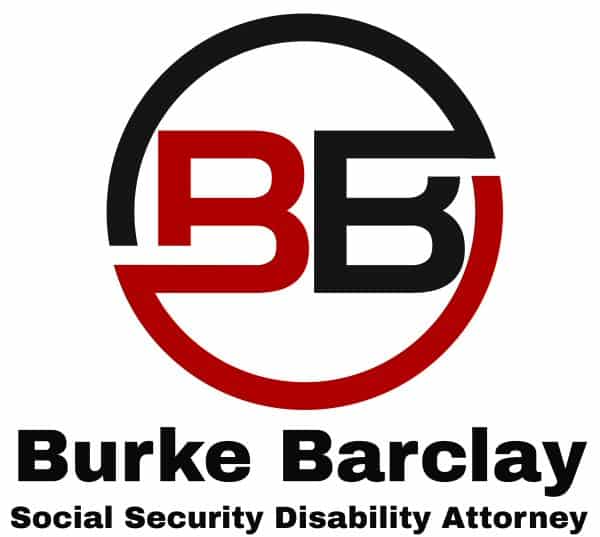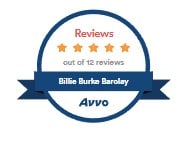Can I Still Work and Receive Social Security Disability?
Can I Still Work and Receive Social Security Disability?
Many people are simply unable to completely stop working even though they have a severe mental or physical condition that keeps them from working full-time.
So, the question is often asked, can I still work a part-time job and receive disability benefits?
As with most (attorney or legal) answers…It depends.
First, determine what kind of disability you qualify for. If you have continuously worked for five out of the last ten years, then it is likely you will qualify for Social Security Disability Insurance (SSDI). You qualify for this kind of disability by earning the requisite amount of work credits each year you have worked. If you have earned this kind of disability (and have been granted it by the Social Security Administration due to your medical condition) then you may still work and receive benefits.
However, you have to check at the beginning of each calendar year to determine what the SSDi income limits are going to be for that year. For example, in 2016, if you are not blind, then you may earn up to $1,130.00 gross each month. But let me caution you here, this is “gross,” not “net.” If you earn above this amount and the Social Security Administration finds out, then you will be engaging in what is called “Substantial Gainful Activity” and this means you are no longer disabled.
Keep earning higher than the gross income limits each month, you could find that the Social Security Administration is requiring that you repay every dollar from that point forward. For some, this could be thousands of dollars.
There is also another type of disability which is called Supplemental Security Income (SSI). Essentially this is welfare. I realize this is a dirty word, but it is welfare because your did not earn these benefits through work credits and paying into the system. For those without the requisite amount of work credits to qualify for SSDI, they may be able to qualify for SSI instead.
So, what is the difference between two?
First, there are the income limits. If you only qualify for SSI, then a single person cannot earn more than $733.00 per month or $1,100.00 as a family and cannot have more than $2,000.00 in nonexempt assets. If a person were able to qualify for SSDI, a person would be allowed an unlimited amount of assets as long as he or she was not going out into the marketplace and earning them through work activity.
Thus, you can still work and receive SSI, but here are the restrictions:
First, a person that only qualifies for SSI, may receive up to $733.00 per month. But, with each dollar earned, that amount may be deducted from the amount the government sends each month.
Second, if you are still working, the first $65.00 of earned income will be excluded, plus half of the remainder amount over $65.00 that is received each month. This is good, because it reduces the amount of countable income, which often allows people to still work and receive SSI benefits.
Again, if you have been granted disability benefits due to a severe physical or mental condition, then be sure what kind of disability benefits you have. This will determine how much money you are capable or earning and still receive disability payments.
You Need an Experienced Social Security Disability Lawyer
We represent claimants fighting for their Social Security disability benefits throughout Texas and California. Contact the Law Office of Burke Barclay for a highly experienced Social Security Disability Lawyer in Dallas, Texas
"Experienced Social Security Disability Lawyer representing clients throughout the United States who either need to initially file for their Social Security disability benefits or have been denied at one of the various stages throughout the process to give them the best chances of success."
Business Address
The Law Office of Burke Barclay
3838 Oak Lawn Ave.
Suite 1000
Dallas, TX 75219
Business Hours
Monday - Friday
8:00 AM - 5:00 PM





